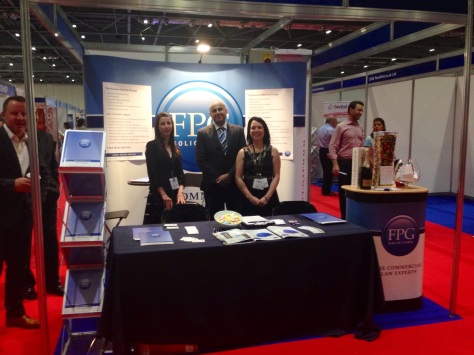By Vanisha Karia– Personal Injury Solicitor at FPG Solicitors
Fraud. Not a word most Claimant personal injury lawyers like using.
Fraudulent personal injury claims have been said to be on the rise and recently third party insurers are very quick to raise fraud allegations. It has been highlighted by the media, government and major insurance companies that fraudulent road traffic claims are being made more frequently.
Is this because there are more induced accidents at this time? Or is it because third party insurers are alleging fraud for no real reason in order to prevent genuine Claimants receiving compensation for accidents they have had the misfortune of being involved in?
There have been comments from major insurance companies that we are now living in a ‘compensation culture’ and fraudulent road traffic accident claims are being made far too often which is wasting their resources.
The Law Gazette reported in April 2014 that Aviva settled over 910,000 claims worth £2.65bn. Fraud was identified on less than 1.9% of claims they received.
Motorist’s insurance policy costs have been inflated to cover the cost of fraudulent claims, however if the above is correct and fraud is being identified on a very minute number of claims, where is the justification of insurance companies raising the cost of insurance policies?
As a personal injury solicitor, I frequently come across fraud allegations made by third party insurers. Even if on the face of it the Claimant and the accident circumstances seem genuine, insurers are still pushing for cases to be taken to Court due to fraud. This not only results in wasted costs for the Claimants and Defendants, it also adds to the traumatic experience the Claimant has already suffered.
Insurance companies would like to have the industry believe that they are victims of a ‘compensation culture’ and this is to blame for their wasted costs and resources. Conversely, is their recent stance of raising fraud allegations early on in a claim simply a way to show to the industry that fraudulent claims are on the rise and Claimant’s should be restricted on claims that they make?







